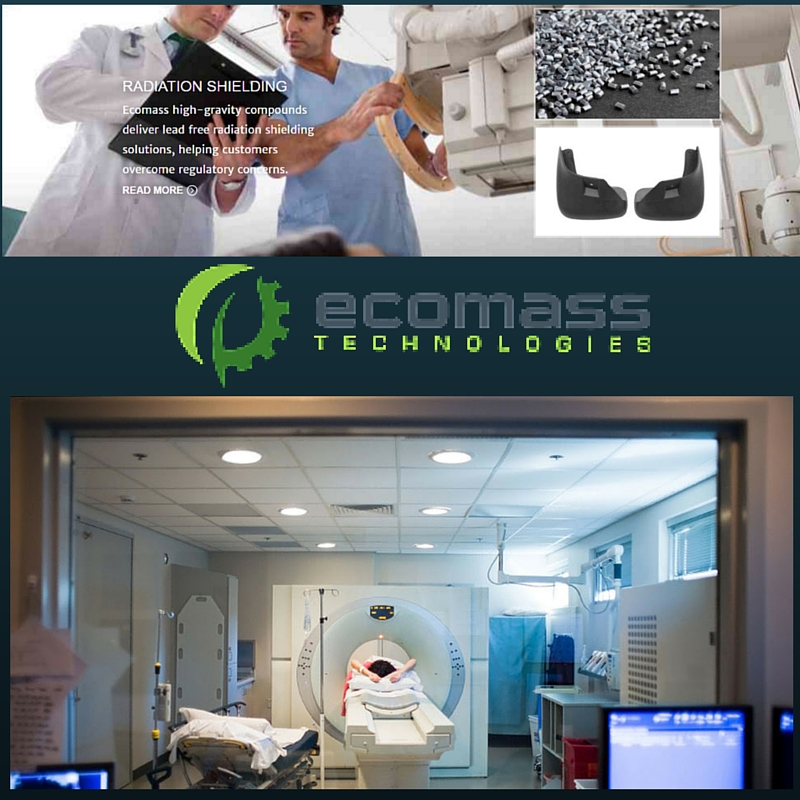Radiation is a major concern around the world, particularly when it comes to x-ray systems, nuclear power facilities or particle accelerator projects. One of the main objectives for all such industries is to ensure the safety of their employees and preventing radiation from damaging the surrounding environment. There are a number of materials that help protect against radiation exposure by acting as radiation shielding materials.
Traditionally, lead has been used to manufacture these materials. While lead is an excellent shield against radiation, it has issues of its own, something that was highlighted during the Flint crisis. This is where lead replacements come into the picture. There are a number of high density materials that can act as lead substitutes and offer the same level of protection.
Gamma and X-Ray Shielding

Gamma and x-rays are forms of electromagnetic radiation that have energy levels which are higher than that displayed by visible light. High density materials are considered to be the best when it comes to blocking or reducing the radiation intensity. Lead is also well-suited for dampening the effect of x-rays and gamma rays due to its atomic number. However, with all the issues surrounding lead, high density materials always present a safer and more reliable option when it comes to lead free shielding materials.
Neutron Shielding
Neutrons are particles that aren’t positively or negatively charged and provide mass and energy that needs to be blocked. Lead is one of the most ineffective ways of blocking neutron radiation because these uncharged particles can easily pass through dense materials. On the other hand, non-toxic high density materials having a higher concentration of hydrogen atoms are known to be effective neutron blockers, and are quite inexpensive as well.
Alpha and Beta Shielding
 Alpha particles are positively charged particles that are quite easy to block. One centimeter of heavy plastics is usually enough to shield against alpha particles. On the other hand, beta particles are negatively charged electrons that pose a far greater challenge when it comes to radiation shielding. In many cases, lead proves to be ineffective in preventing beta particles because these particles are known to produce secondary radiation when they pass through elements with a higher atomic number. Once again, high density materials such as tungsten are among the most efficient barriers for protecting against high energy beta radiation.
Alpha particles are positively charged particles that are quite easy to block. One centimeter of heavy plastics is usually enough to shield against alpha particles. On the other hand, beta particles are negatively charged electrons that pose a far greater challenge when it comes to radiation shielding. In many cases, lead proves to be ineffective in preventing beta particles because these particles are known to produce secondary radiation when they pass through elements with a higher atomic number. Once again, high density materials such as tungsten are among the most efficient barriers for protecting against high energy beta radiation.
There are a number of factors that need to be considered when choosing the right material for radiation shielding. Resistance to damage, cost efficiency, desired strength, attenuation effectiveness and thermal properties all affect the choice of material. Ecomass Compounds offers a range of non-toxichigh density materials that help manufacturers around the world overcome regulatory concerns and meet industry standards without having to drive up their costs.






0 comments:
Post a Comment